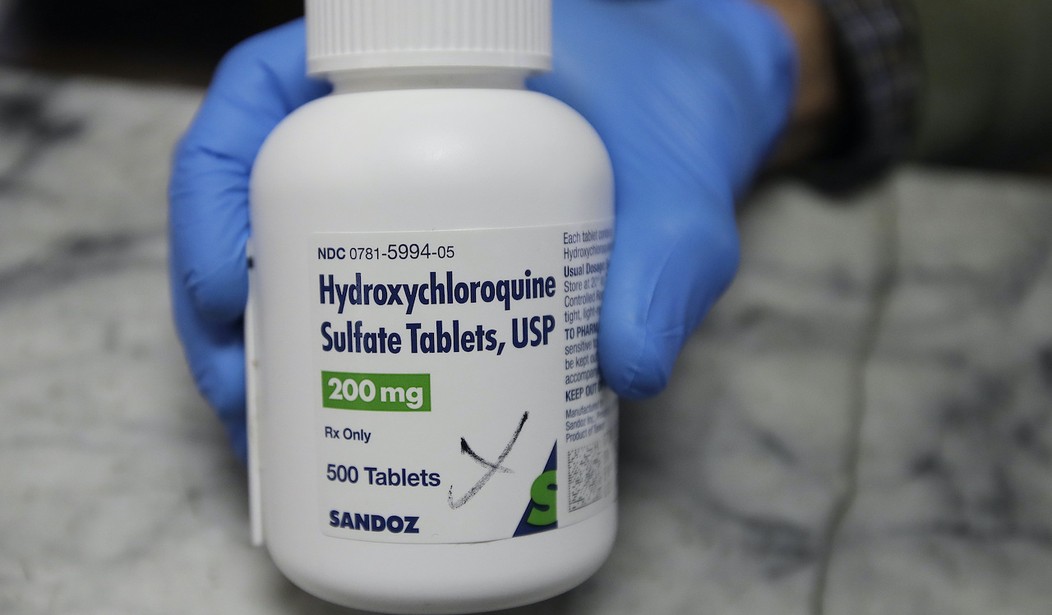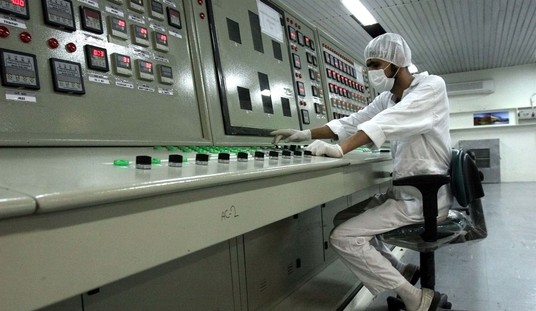You may recall a study published in The Lancet and New England Journal of Medicine recently about hydroxychloroquine, the drug President Trump has discussed as a promising treatment option for those suffering from COVID-19, which claimed coronavirus patients taking the drug were dying at higher rates than other patients who did not take the medicine and experienced more heart complications.
The study was touted by the media to get at President Trump, and even prompted the World Health Organization to halt studies of the drug and several governments to change their policies on using the drug.
Well, now it appears to have been one big scam, as Surgisphere, the company behind the research, cannot explain how it acquired the data or its methodology.
Lancet, the New England Journal of Medicine and WHO taken in by hydroxychloroquine studies from a company whose employees include a sci-fi writer and adult content model.https://t.co/Ca8rE0aGtn
— Ann Coulter (@AnnCoulter) June 4, 2020
A Guardian investigation found:
- A search of publicly available material suggests several of Surgisphere’s employees have little or no data or scientific background. An employee listed as a science editor appears to be a science fiction author and fantasy artist. Another employee listed as a marketing executive is an adult model and events hostess.
- The company’s LinkedIn page has fewer than 100 followers and last week listed just six employees. This was changed to three employees as of Wednesday.
- While Surgisphere claims to run one of the largest and fastest hospital databases in the world, it has almost no online presence. Its Twitter handle has fewer than 170 followers, with no posts between October 2017 and March 2020.
- Until Monday, the “get in touch” link on Surgisphere’s homepage redirected to a WordPress template for a cryptocurrency website, raising questions about how hospitals could easily contact the company to join its database.
- [Surgisphere’s chief executive Sapan] Desai has been named in three medical malpractice suits, unrelated to the Surgisphere database. In an interview with the Scientist, Desai previously described the allegations as “unfounded”.
- In 2008, Desai launched a crowdfunding campaign on the website Indiegogo promoting a wearable “next generation human augmentation device that can help you achieve what you never thought was possible”. The device never came to fruition.
- Desai’s Wikipedia page has been deleted following questions about Surgisphere and his history, first raised in 2010.
The Lancet has since issued an "expression of concern" and the WHO resumed trials.
Recommended
We have published an Expression of Concern on the paper by Mehra et al on hydroxychloroquine and chloroquine published on May 22, 2020 https://t.co/yQ9irhRHxx pic.twitter.com/5I1NXTKTjo
— The Lancet (@TheLancet) June 2, 2020
Update: The Lancet finally retracted the study.
BOOM. Lancet study on hydroxychloroquine retracted.
— James Todaro, MD (@JamesTodaroMD) June 4, 2020
Published study existed for only 13 days.
Did Twitter peer-review result in the quickest retraction ever for a study of this magnitude? #LancetGate https://t.co/QEciPyfBcC

























